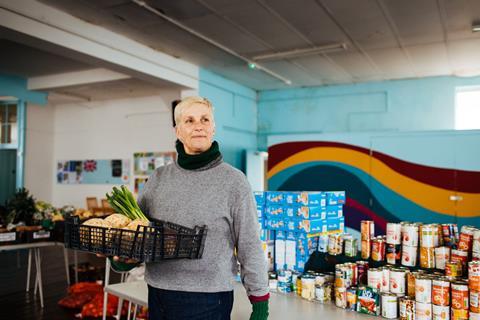
M&S will be the first retailer to trial Neighbourly’s new surplus food initiative, which allows individuals to collect food for their own use.
Individual redistribution scheme Surplus Saviours will allow people to collect donations of unsold food from Neighbourly’s network of supermarkets, stores and cafés for the first time. The move, which will significantly increase the amount of meal redistribution within local communities, will allow them to collect free surplus food from stores where smaller quantities or collection times are best suited to individuals.
The scheme is an expansion of the company’s successful charitable programme, working with retail partners including M&S, Lidl, Aldi, Sainsbury’s, Gail’s and Pret a Manger to distribute surplus food to charities and community causes.
The Bristol-based company has distributed over 250 million meals into local communities since 2015.
At the same time, the Food Standards Agency has updated its charity food collection guidance to align with consumer rules, a move Neighbourly has successfully championed, in partnership with Cornwall Council.
Read more: Why the government must prioritise tax relief for retailers’ charitable donations
The new guidance for charities collecting surplus use-by date food on its expiry date will be aligned with consumer guidance for ‘freeze-by’ timings, meaning freezable items can now be placed in the freezer by midnight on the use-by day. This will allow charitable organisations to access fresh and chilled use-by date items later in the evening, aligning with late closing times for many retailers across the country.
This change is expected to make an additional two million meals available for redistribution each week, from UK supermarkets alone.
“These are two vital and timely initiatives in our mission to make it easier for businesses to make environmental strides when it comes to surplus redistribution, and for communities to have access to valuable resources rather than have them go to waste,” said Neighbourly CEO Steve Butterworth.
“The most requested items from our network are food and fresh produce, with 50% of local good causes saying there are people they simply can’t help due to limitations in capacity and funding. Unlocking ways to make our economy more circular is paramount.”
Wrap’s Catherine David described food redistribution as a “UK success story”, saving food from being wasted and “providing a critical resource for people in need”.
“These changes will remove the barriers that currently restrict charities and community organisations from accessing even more food and create an efficient pathway for surplus food to benefit communities, and stop more wasted food from contributing to climate change.”







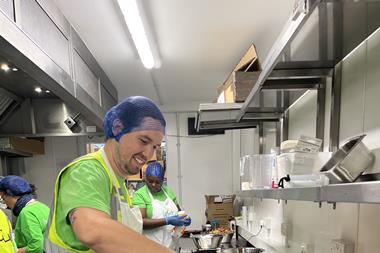
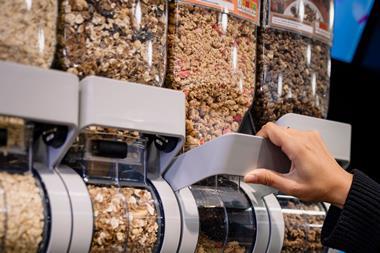
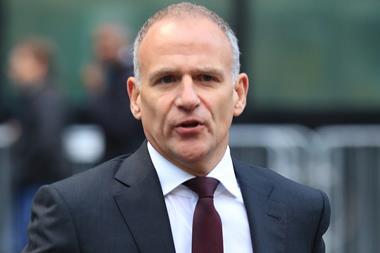
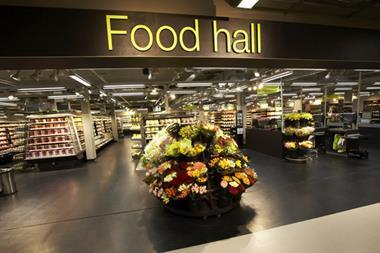
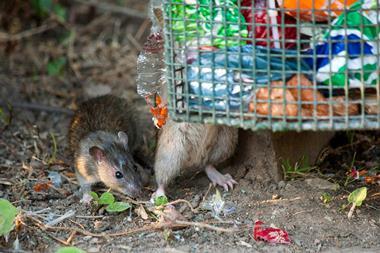
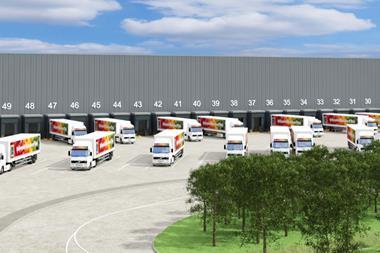



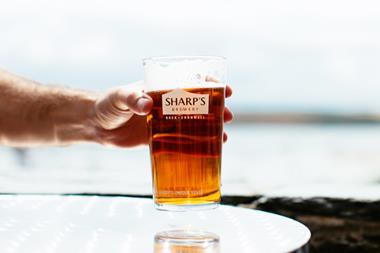
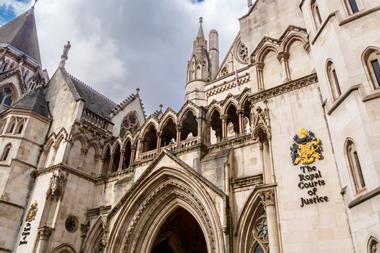
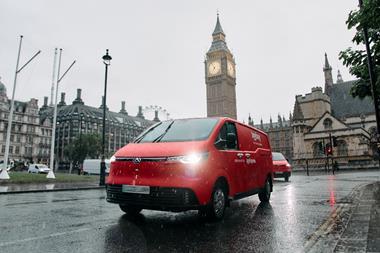
No comments yet